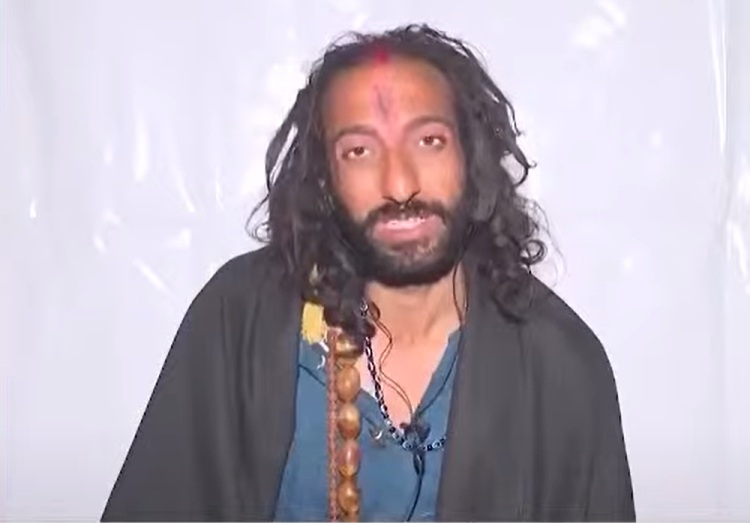Meaning of the Quote:
Thomas Adams, a 17th-century English theologian, offered timeless wisdom in his quote, “He who demands mercy and shows none burns the bridges over which he himself must later pass.” This statement speaks to the profound interconnectedness of human behavior, the moral imperative of mercy, and the consequences of hypocrisy.
Mercy as a Universal Need
At its core, the quote emphasizes the universal nature of mercy. To “demand mercy” acknowledges our human fallibility—we all make mistakes, face hardships, or encounter situations where we rely on the understanding and compassion of others. Mercy is a bridge that connects individuals, fostering forgiveness, empathy, and reconciliation.
Adams points out a paradox: someone who seeks mercy but refuses to extend it to others risks severing the very connection they depend upon. This imagery of burning bridges serves as a powerful metaphor for the destruction of trust, relationships, and opportunities that comes from failing to practice the kindness we expect from others.
The Hypocrisy of Double Standards
The quote also critiques the hypocrisy of demanding what one is unwilling to give. A person who expects forgiveness or understanding but denies it to others embodies a double standard that undermines the principles of fairness and justice. This behavior not only alienates others but also sets a dangerous precedent: when the tables turn and they find themselves in need of mercy, they may find none forthcoming.
By illustrating this cycle, Adams underscores the importance of consistency in moral behavior. True integrity lies in treating others with the same compassion we hope to receive, recognizing that life is cyclical and roles often reverse.
The Consequences of a Lack of Mercy
Burning bridges is not just a poetic phrase—it reflects the real-world consequences of failing to show mercy. Relationships, whether personal or professional, thrive on mutual respect and understanding. A lack of mercy can erode these bonds, leaving individuals isolated when they need support the most.
For example, a leader who enforces harsh penalties on their team without considering context or showing leniency may find themselves unsupported when they face challenges. Similarly, in personal relationships, a lack of forgiveness can create lasting rifts, cutting off paths to reconciliation and growth.
Adams’ warning serves as a reminder that our actions have long-term repercussions. By refusing to show mercy, we risk creating a world where mercy is unavailable to us when we need it most.
Mercy as a Moral Imperative
Adams’ quote aligns with a broader ethical principle found in many philosophies and religions: the idea of reciprocity. Whether expressed as the Golden Rule—“Do unto others as you would have them do unto you”—or in the teachings of compassion and forgiveness, the message is clear: mercy is both a virtue and a necessity.
Extending mercy requires humility and empathy. It involves recognizing our shared humanity and understanding that no one is perfect. In doing so, we create a culture of kindness that benefits everyone, including ourselves.
The Bridge as a Symbol of Connection
The metaphor of a bridge is central to understanding this quote. Bridges symbolize connection, trust, and the possibility of crossing divides. By showing mercy, we build and maintain these bridges, ensuring that understanding and compassion flow both ways. However, when we deny mercy, we destroy these connections, leaving gaps that are difficult to mend.
This imagery also highlights the interdependence of human relationships. No one exists in isolation; we rely on others in countless ways. Burning bridges by refusing to show mercy not only harms others but ultimately limits our own ability to navigate life’s challenges.
Practical Applications of Mercy
The wisdom in Adams’ quote can be applied to various aspects of life:
- In Relationships: Practicing forgiveness strengthens bonds and creates space for growth and understanding. Holding grudges or refusing to show compassion can lead to estrangement and regret.
- In Leadership: Leaders who balance accountability with empathy foster loyalty and trust. Harshness without mercy can breed resentment and weaken a team’s cohesion.
- In Society: A culture that values mercy and second chances promotes rehabilitation and reconciliation, benefiting individuals and communities alike.
Conclusion
Thomas Adams’ quote is a profound reminder of the cyclical nature of mercy and the consequences of failing to practice it. By demanding mercy while refusing to show it, we undermine the very principles that sustain relationships and community. Instead, we should strive to build bridges of compassion and understanding, recognizing that the mercy we extend today may be the mercy we rely on tomorrow.
Ultimately, Adams challenges us to embody empathy, fairness, and humility, ensuring that the bridges we build remain intact for ourselves and others to cross.
Buy awesome books published by Thomas Adams :
Indian Users : Amazon IN | Flipkart
International Users : Amazon COM
USA Users : Amazon | Canada Users : Amazon CA
UK Users : Amazon UK | German Users : Amazon DE
French Users : Amazon FR | Italy Users : Amazon IT
Brazil Users : Amazon BR | Mexico Users : Amazon MX
Spain Users : Amazon ES |China Users : Amazon CN
Japan Users : Amazon JP | Australia Users : Amazon AU




